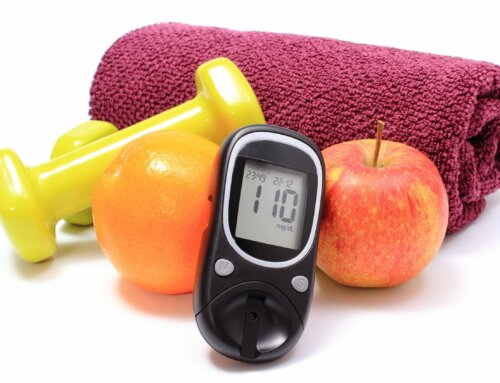According to the American Heart Association studies “most American’s are still eating between 18-22 teaspoons of white refined sugar a day”. This can add about 350 extra calories to your daily intake. Studies done by the A.H.A. also report that low fiber diets increase your risk of heart disease, the leading cause of complication and death in diabetes. White refined foods increase insulin resistance which is a precursor to type 2 diabetes as well as a component of type 2 diabetes.
When we consider eating typical white refined foods such as white bread, white flour products-baguettes, white dinner rolls or wraps, cookies, white rice or white sugar products, we should think about keeping them to a minimum for several reasons. Also included in this category are packaged, boxed and bagged products such as white pasta, sugary dry cereals, certain crackers, snack foods, pretzels and rice cakes which can contain white flour and added sugars like high fructose corn syrup. These products may contain trans-fats, partially hydrogenated oils, and MSG (a flavor enhancer high in sodium). None of these products are good for anyone. These food items are usually found in the middle of the grocery store not on the perimeter. Think in moderate portions or at least cutting down on the overall amounts. Why?
- These products are refined and bleached. When a product is refined, it is stripped of its fiber. The germ and bran parts are removed from the original wheat flour which increases the white breads shelf life. Fiber is crucial to good nutrition especially for people with diabetes; without the fiber and removal of the natural vitamins and minerals, there is little nutrition left. Enriched or synthetic vitamins are then added back which are not as beneficial as the original ones.
- White refined/bleached foods get into the blood stream quickly and cause insulin levels to climb. The refining process removes the germ, hull and bran portion; this will affect the blood sugar in a negative way. Usually, within two hours, you are hungry again. The cycle becomes not feeling satisfied, repeat hunger, eating more refined food, increased insulin response, weight gain, over and over.
- Fiber in the food in its natural state causes you to stay full longer and be more satiated with less insulin rise and a slower response. Fiber can also lower cholesterol.
- Fiber in its natural state also aids in proper digestion and reduces colon cancer.
- White bread is refined and then bleached. The bleaching process removes the yellow color to make it look more pure and appealing. Alloxan is a chemical that bleaches the flour that reacts with the wheat protein and makes it look white; Alloxan has been studied on animals and it has shown that it creates free radicals and reduces insulin production; it is still being studied in humans to see if it produces the same response.
Remember, not all white foods are created equal. Stick to natural white foods such as cauliflower, white beans, apples, pears, turnips, garlic, white cabbage, cucumbers, white onions, fermented tofu, bean sprouts, egg whites, white meat chicken, turkey, endive, white meat tuna or other white fish as well as white low fat yogurt, white low fat/fat free cheeses or low fat/fat free soy milk. Research shows that eating white fleshed fruits and vegetables 2-4 servings a day, can cut stroke risk; that is related to quercetin, a flavonol antioxidant. See, there are lots of white foods to still enjoy! Eat them and stay healthy!
NOTE: Consult your Doctor first to make sure my recommendations fit your special health needs.






Leave A Comment